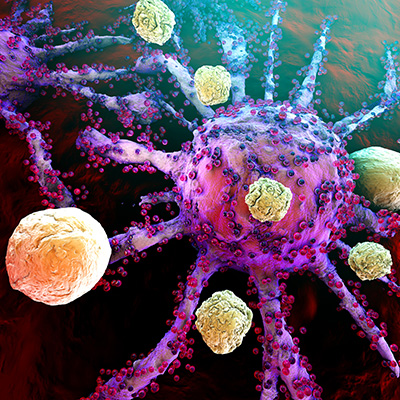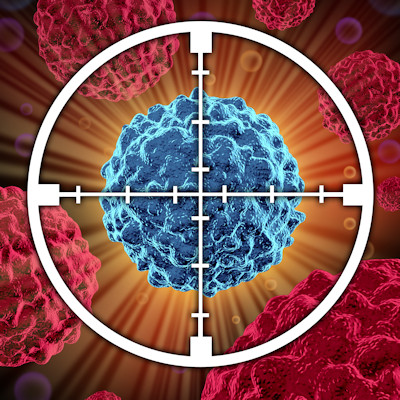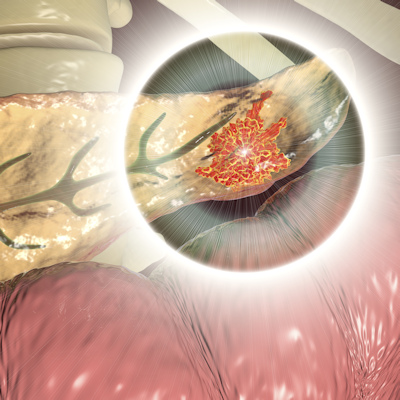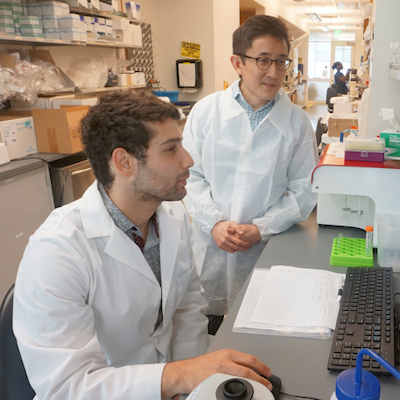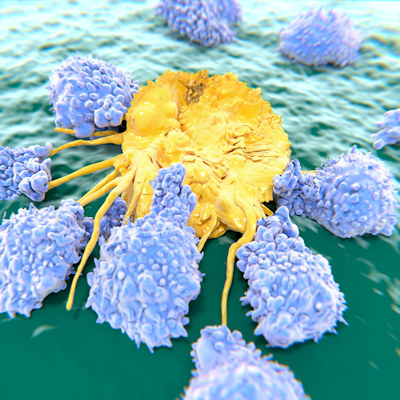October 3, 2022 -- A next-generation natural killer (NK) cell improves tumor specificity and enhances antitumor activity by overcoming a process that contributes to NK cell dysfunction and tumor relapse, a new preclinical study finds.
Researchers at the University of Texas MD Anderson Cancer Center paired NK cells with a second chimeric antigen receptor (CAR) to act as a logic gate and thus requires two signals to eliminate a target cell (Nature Medicine, September 29, 2022). They studied clinical samples from patients with lymphoid malignancies treated with anti-CD19 CAR NK cells.
In the study, researchers confirmed higher levels of the CD19 antigen on CAR NK cells were associated with lower levels of CD19 on tumor cells and a higher probability of relapse. To stop this from happening, the scientists added an inhibitory CAR designed to recognize a marker unique to NK cells. That resulted in CAR NK cells not killing their sibling cells, even if the cells had the tumor antigen on their surface.
In preclinical models, the logic-gated CAR NK cells were better able to focus on and attack only the tumor cells, which reduced the frequency of NK cell exhaustion and fratricide as well as improved antitumor activity.
Why does this happen? The engineered cells can ignore the tumor antigen due to the physiological process trogocytosis, according to the researchers, who contend their work provides a further understanding of CAR NK biology and suggests that clinical evaluation of the dual-CAR strategy is warranted.
"It's important to prevent tumor escape following CAR NK therapy because that has led to relapse in some patients. By preventing exhaustion and fratricide in CAR NK cells, we can further improve their activity and function," corresponding author Dr. Katy Rezvani, PhD, professor of stem cell transplantation and cellular therapy, said in a statement. "We are excited to translate this research to the clinic, as this is something that could be applied to any CAR NK cell therapy."
Copyright © 2022 scienceboard.net




